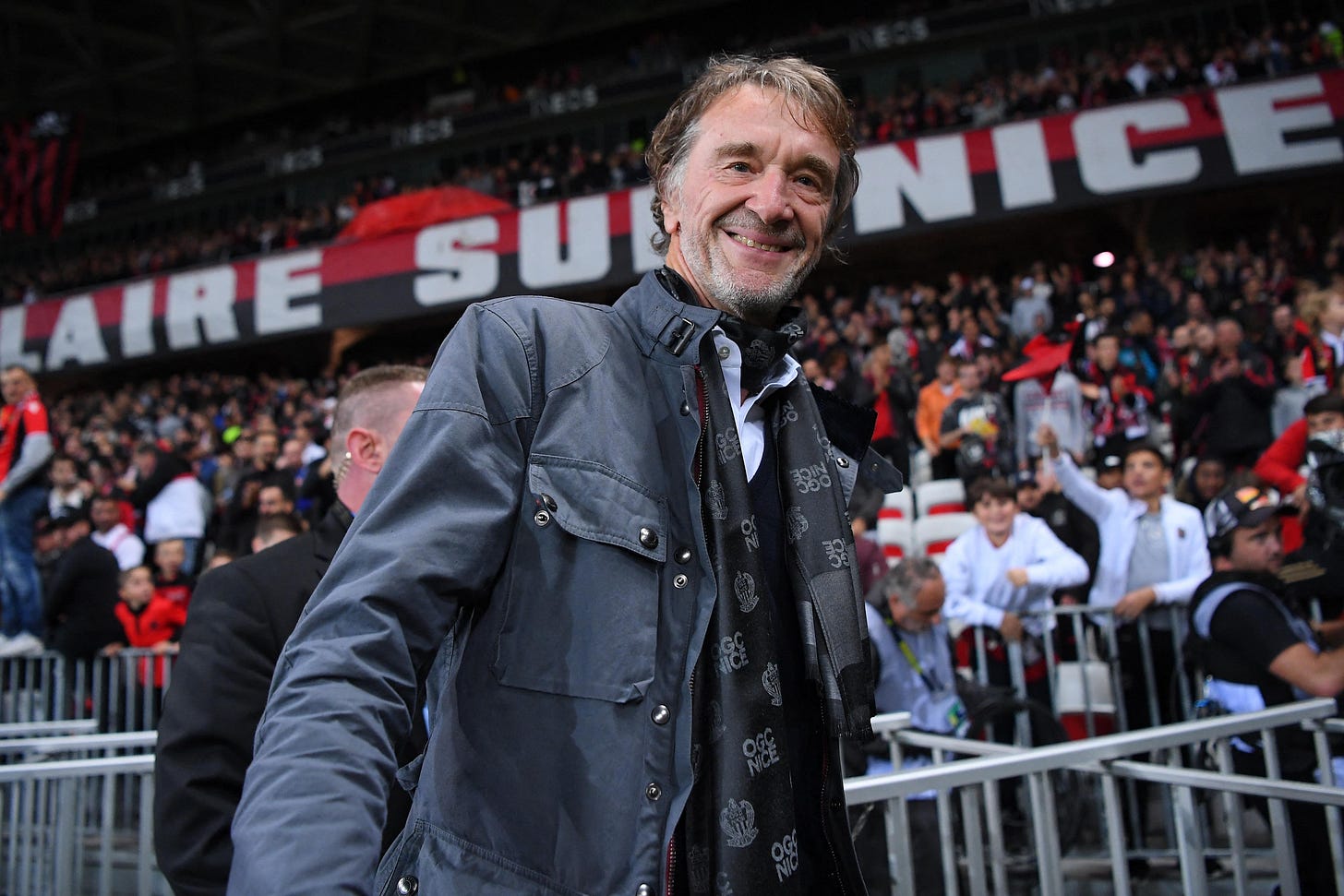How will UEFA's multi-club ownership rules impact Manchester City and (potentially) Manchester United?
Together Alone
As the level of multi-club ownership in football continues to rise, there are understandable concerns about the implications, as UEFA noted in their latest benchmarking report.
European football’s governing body said that multi-club ownership “has the potential to pose a material threat to the integrity of European club competitions, with a growing risk of seeing two clubs with the same owner or investor facing each other on the pitch.”
In short, UEFA (or indeed any other organisation) would not want clubs in their competitions to be directly controlled by the same group, as this could raise all sorts of questions around potential collusion.
This has become an even bigger issue following the expansion of UEFA’s competitions from next season onward to 36 teams, and indeed the creation of the FIFA Club World Cup. This means that the possibility of clubs within a multi-club network facing each other has become greater.
So what?
UEFA’s rules around multi-club ownership and particularly the recent clarification of those rules will present challenges to a number of clubs, including the two Manchester giants:
Manchester City and Girona
Manchester United and Nice
We will get to their specific issues later, but first let’s take a look at the rules.
Integrity of UEFA’s competitions
To ensure the integrity of its club competitions, UEFA has established rules around multi-club ownership, which can be found in Article 5 of the Regulations of the UEFA Champions League.
Under these rules, clubs have to comply with a detailed list of criteria:
by a certain date in advance of the following season, e.g. 3 June 2024.
and until the end of the competition.
The rules state that no club participating in a UEFA club competition may, either directly or indirectly:
Keep reading with a 7-day free trial
Subscribe to The Swiss Ramble to keep reading this post and get 7 days of free access to the full post archives.




